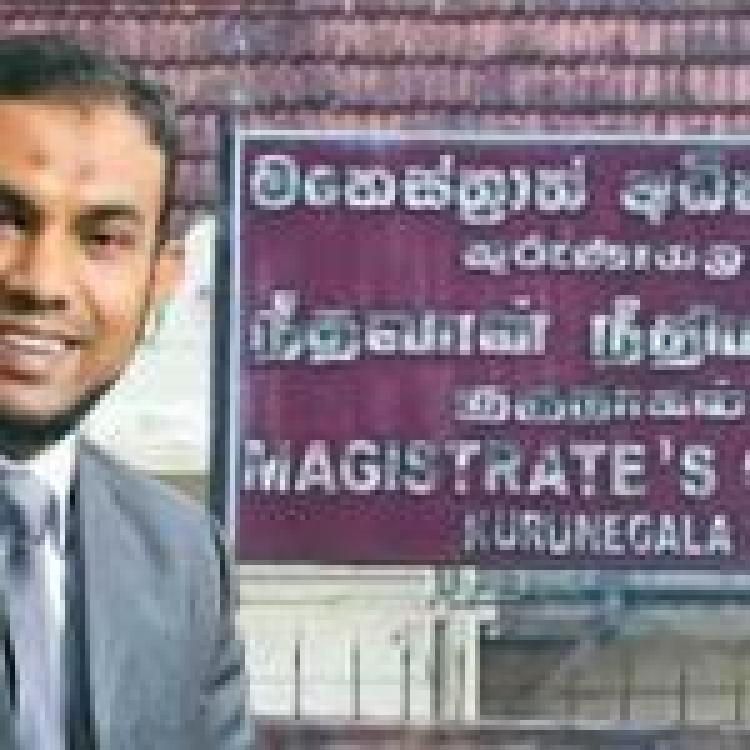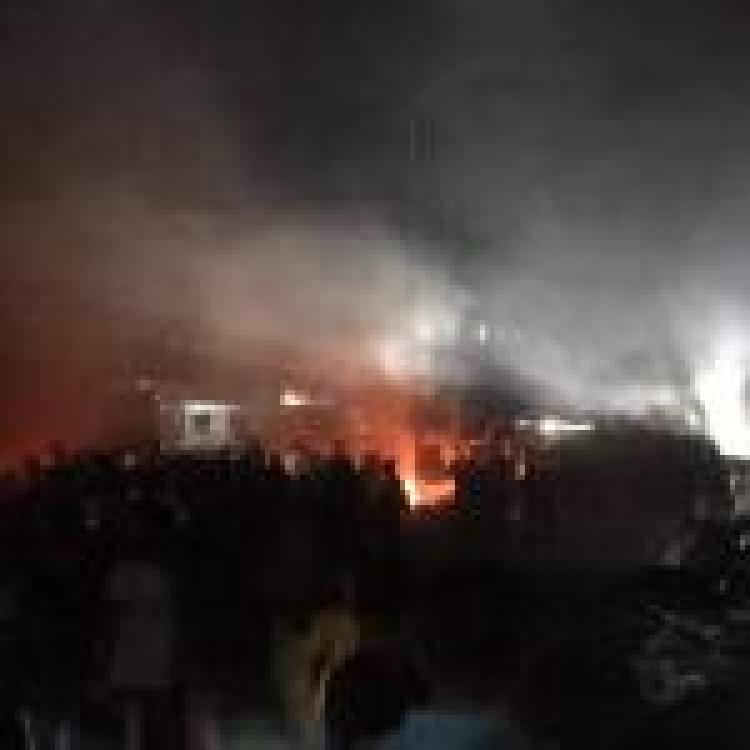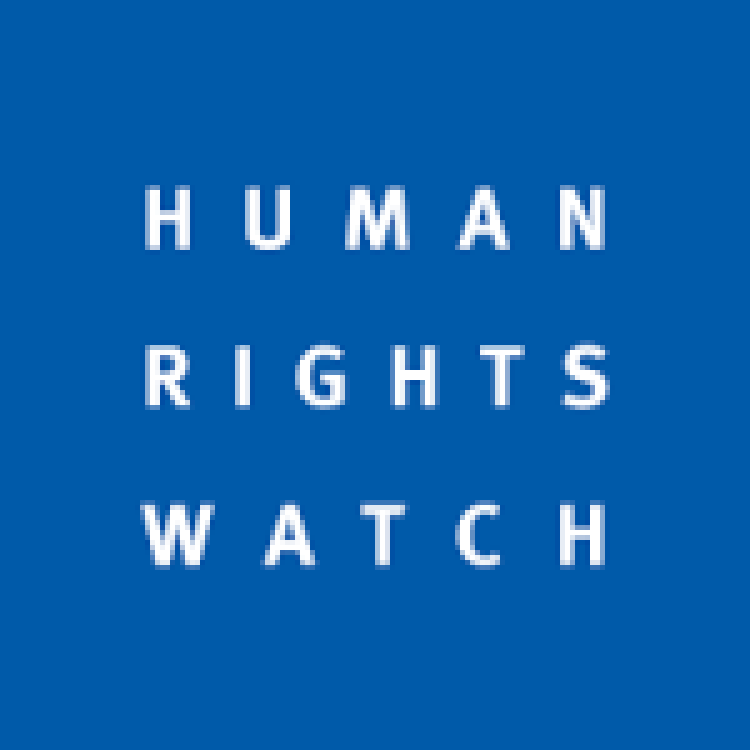Sri Lanka’s security forces received intelligence that an attack was due to take place on Easter Sunday but may have allowed it to proceed in order to “create chaos and instil fear” ahead of presidential elections, said a parliamentary select committee report this week.
The report which was presented to Sri Lanka’s parliament on Wednesday, found that though members of the security apparatus, including chief of the State Intelligence Service Nilantha Jayawardena, received information on possible attacks more than a fortnight before the bombings, there were delays in sharing the intelligence.
The report said that “further investigations will be needed to understand whether those with vested interests did not act on intelligence so as to create chaos and instil fear and uncertainty in the country in the lead up to the Presidential Election”.
It went on to state,
“Such a situation would then lead to the call for a change of regime to contain such acts of terrorism. Coincidently or not so coincidentally, the security situation and fear would be unleashed months away from the Presidential Election… These are extremely serious observations that can impact the democratic governance, electoral processes and security of Sri Lanka and must require urgent attention.”
The report went on to note that “the Easter Sunday attacks and subsequent communal violence in parts of Sri Lanka witnessed new levels of fear among the public and criticism towards the political leadership and security establishment”.
Anti-Muslim violence flared up in various parts of the island, as homes and businesses came under attack by mobs. In several instances, Sri Lankan security forces were seen on video directing the mobs.
The attacks also came at a “time when calls emanated for a change of regime”.
The report also questions whether Zahran Hashim, leader of the National Thowheed Jamaath, and the alleged mastermind behind the attacks “had the support and patronage of some politicians and intelligence”.
“These cannot be taken as coincidental and must be investigated further,” the report concluded.
“It is also paramount to question the role of some sections in the intelligence apparatus and their attempts to shape security, the electoral process, political landscape and the future of Sri Lanka.”
See the full text of the report here.




